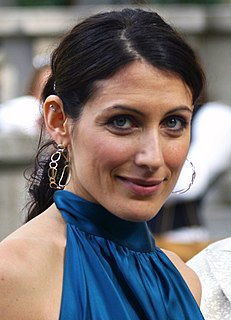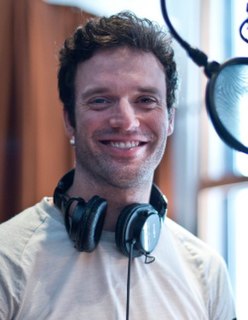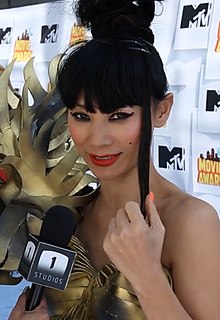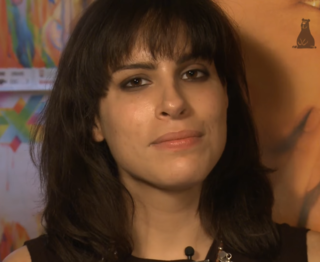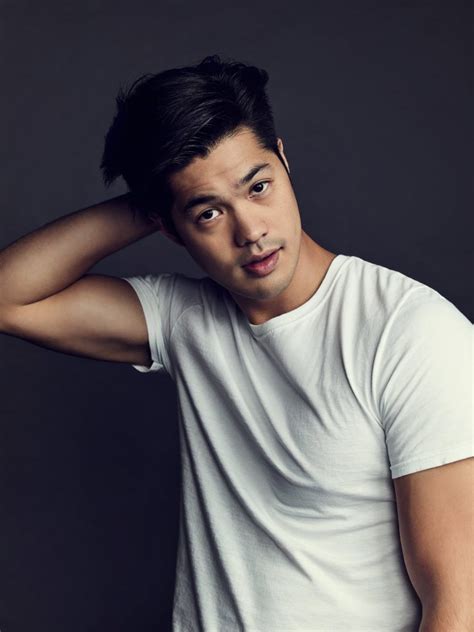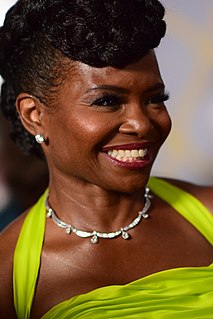Цитата Лизы Эдельштейн
Роли, которые играют мужчины и женщины, больше не являются стандартными традиционными ролями прошлого, а являются ролями двух очень разных людей, живущих своей жизнью. Я думаю, что это был трудный переход в обществе — просто взгляните на уровень разводов — чтобы понять, что это значит сейчас. Как вы это решаете?
Связанные цитаты
Если вы просто посмотрите на количество ролей, сыгранных женщинами, по сравнению с количеством ролей, сыгранных мужчинами в любом фильме, то увидите, что мужских ролей всегда гораздо больше. Это всегда было правдой. Когда я пошел в колледж, я пошел в Джульярд. В то время — и я не знаю, так ли это сейчас — женщин для программы всегда выбирали меньше, чем мужчин, потому что женщин в спектаклях было так мало. Для меня это было своего рода признанием того факта, что сценаристы пишут больше ролей для мужчин, чем для женщин.
Работая в ситуации с мужчинами и женщинами и видя, как женщины берут на себя роли, равные ролям, которые играют мужчины, вы поняли: «Эй, эти люди тоже могут что-то делать». И я думаю, это заставило меня и других участников движения понять, что мы живем в сообществе равных. И что среди равных они имеют равные права. И мы должны уважать их права, если они уважают наши.
Долгое время, еще в 30-х и 40-х годах, были сказочные женские роли. У Бетт Дэвис и у всех этих людей были невероятные, великолепные роли. После Второй мировой войны произошло нечто такое, что нужно было не только «убраться с фабрик», но и «убраться из кино». Именно тогда женские роли начали по-настоящему [меняться].
Есть более чуткие представления, чем мы привыкли видеть. Я искренне чувствую, что в первые дни Голливуда у женщин были такие. У женщин были очень традиционные роли в обществе жены и матери, но когда они шли в кино, они видели, что женщины действительно крутые, потрясающие персонажи, роковые женщины и все такое. А потом была просто системная реакция, где все было о том, "Как мы делаем деньги?" И все хотят продавать вещи мальчикам. А потом женские развлечения обесценились, и я считаю это неуважением и обидой.
Как сообщество, мы боремся за то, чтобы азиаты играли азиатские роли. И еще есть другая битва, в которой американцы азиатского происхождения играют роли, которые не написаны для азиатов, и я думаю, что это то, что должно произойти; Почему американец азиатского происхождения не может просто сыграть ведущую фигуру полицейского... или роль Мэтта Деймона?
утверждения о том, что является «естественным», уже давно используются для укрепления традиционных гендерных ролей и ценностей. ... Даже представление о том, что женщины вообще должны иметь детей, основано на идее о том, что неотъемлемая и самая важная роль женщины - это роль матери. Удивительно, но мужские «врожденные» роли гораздо веселее, чем те, что отведены женщинам.
